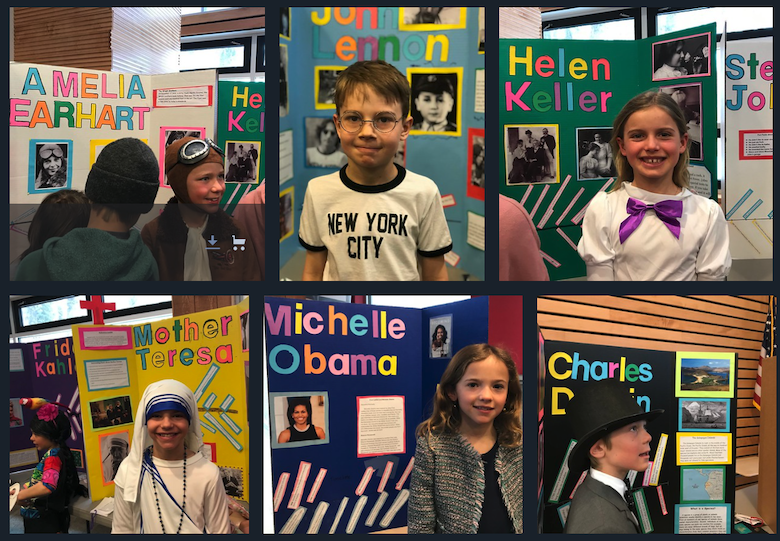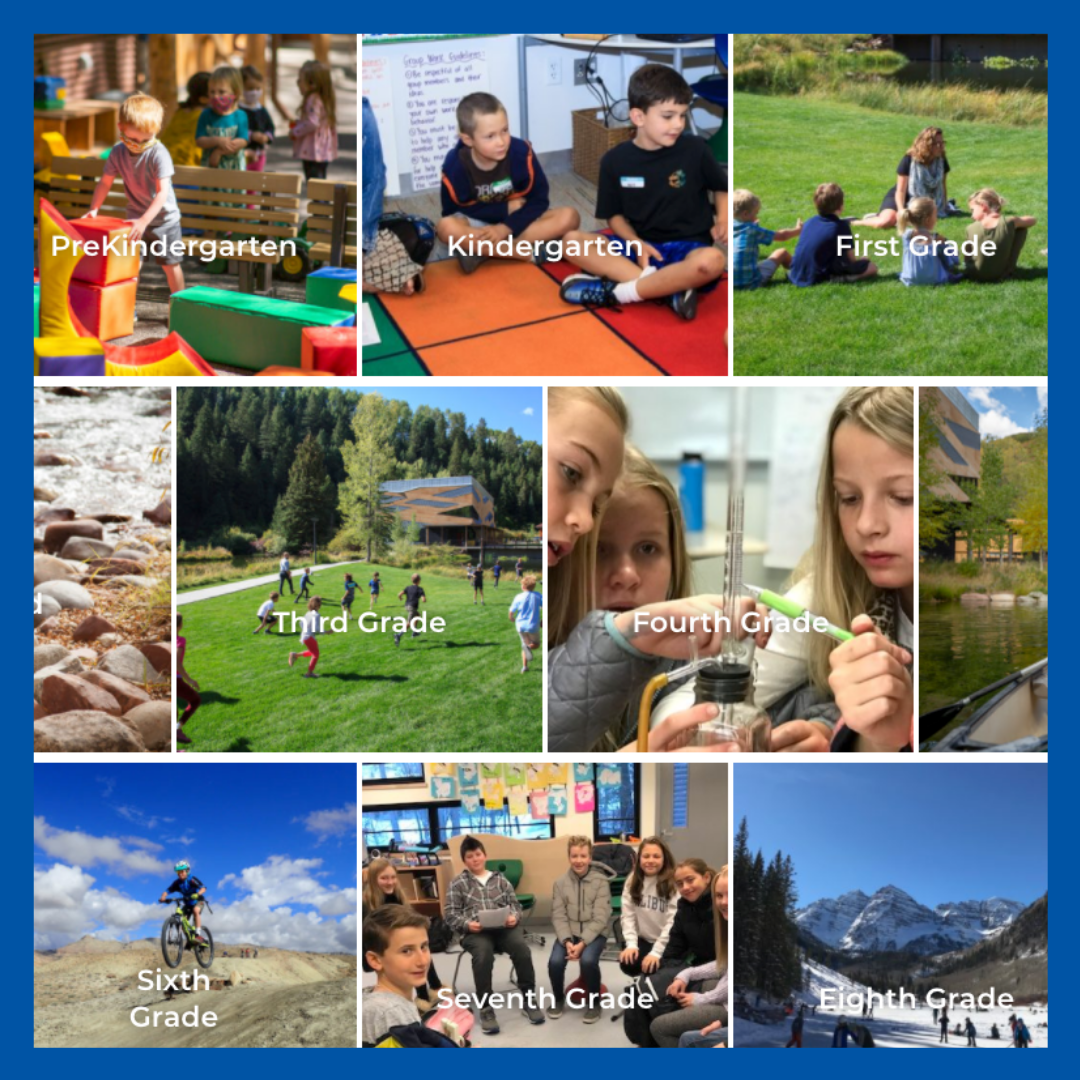Social studies & history
As a result of an Aspen Country Day School education, students will:
- develop an understanding of geography, history, civics and economics and how each area has driven the development of society
- understand the connections between the individual and society, the past and present, nations and culture
- increase understanding of and respect for the diverse cultures of the world
- develop basic understanding of the major religions of the world
- develop awareness of current issues, enduring questions, and significant historical figures and events which shape our world
- gather and synthesize information from a variety of sources to draw meaningful conclusions and communicate ideas effectively orally and in writing
- develop ability to work cooperatively to solve problems, make decisions, and present ideas
The social studies curriculum is designed to develop a child’s understanding of the world from the self to society as a whole. Through the study of history, geography, economics and civics, students will see the connections between the individual and society, the past and present, nations and culture, and explore how and why human societies developed as they have.

Children learn to: develop essential questions; interpret data presented in charts, graphs, timelines, tables, and maps; read for comprehension and take effective notes. As they build upon their writing and presentation skills in Social Studies classes, they practice outlining, organizing, researching, expository writing developing and supporting thesis statements, delivering effective oral presentations, increasing precise vocabulary, and collaborating to achieve a shared goal.
Sixth Grade through Eighth Grade Social Studies builds on the foundation established in Lower School. Students develop a deeper understanding of their world through a formal study of the history that has shaped today’s societies. Students use a wide range of sources to increase their knowledge of the topic and develop their skills in acquiring information, such as textbooks, atlases, Internet sources, film, and a variety of print material. Students acquire skills in research, note taking, outlining, expository writing, timeline, public speaking, map, and group planning and cooperation. As students develop their understanding of general history and the characteristics of civilizations, they identify differences and similarities between cultures; they then develop and support opinions about those civilizations.

